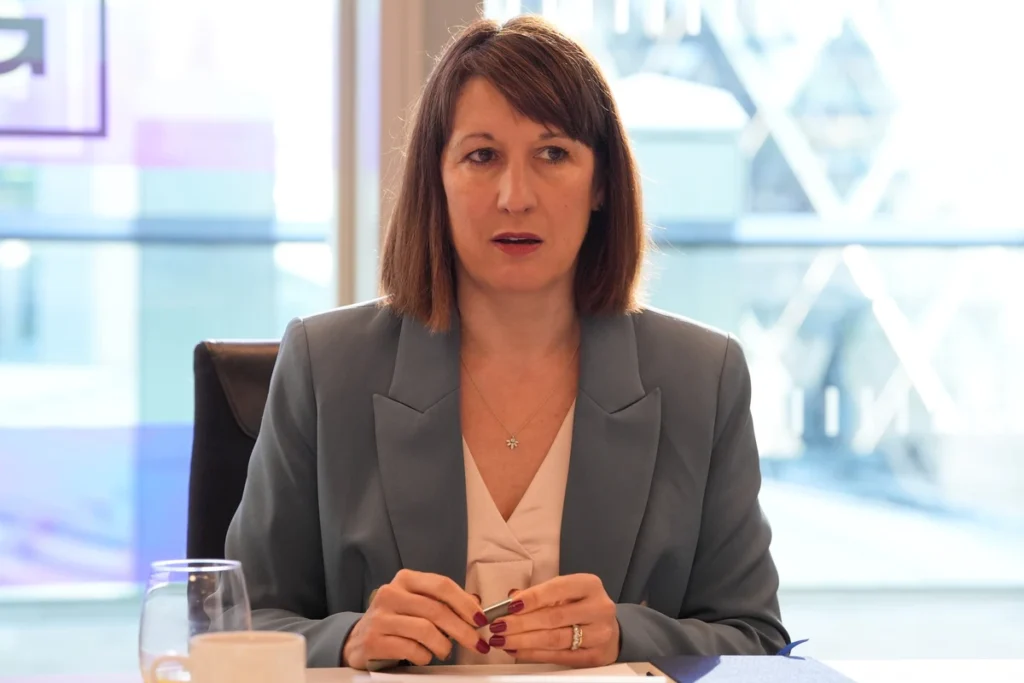British farmers have raised alarms over Nigel Farage’s stance on food imports, cautioning against any move that could compromise the UK’s high agricultural standards.
Their warnings come after the Reform UK leader indicated his support for allowing American chlorine-washed chicken to be sold in Britain as part of a potential free trade agreement with the United States.
“Now there’s been some concern about chlorine-treated chicken etc, but there is an answer to that which is label things, let consumers decide. So I think this shouldn’t be just about avoiding tariffs, it should be a broader deal.”
Nigel Farage
Farage, a staunch ally of US President Donald Trump, suggested that any trade deal with Washington would likely include provisions for American agricultural exports, a position that has drawn criticism from farming groups and consumer advocates.
When pressed on whether he personally supported allowing chlorinated chicken to enter the UK market, Farage responded: “I would allow consumers in America to buy our products and consumers here to buy their products, and provided we have the right labeling, that’s good.”
The UK government, meanwhile, has taken a more cautious approach in response to American trade policies. While the European Union swiftly retaliated against US-imposed tariffs by placing counter-measures on American goods, British officials have instead been working closely with their US counterparts to negotiate an agreement that would exempt the UK from the 25 percent steel and aluminium tariffs announced by Trump.
Despite Farage’s comments, Chancellor Rachel Reeves has repeatedly dismissed the idea of making concessions on contentious agricultural imports. She has firmly stated that Labour will maintain its stance against chlorinated chicken and hormone-injected beef, reinforcing long-standing public opposition to such products.

Public Opposition to Chlorinated Chicken Remains Strong
Polling data suggests that Farage’s stance is at odds with public sentiment. A 2020 survey found that 80 percent of Britons opposed allowing chlorinated chicken imports, while the same proportion rejected hormone-treated chicken. Similarly, 79 percent of respondents were against importing vegetables grown with pesticides that are banned in the EU but permitted in the US.
The UK’s previous prime ministers, including Rishi Sunak and Liz Truss, faced significant public and political pressure to rule out allowing such imports in trade negotiations with Washington. Truss, in particular, was forced to make clear that chlorinated chicken and hormone-fed beef would not be part of any future trade agreements.
Liz Webster, founder of Save British Farming, strongly criticized Farage’s remarks, warning that such trade concessions could have serious consequences for multiple sectors.
“A US trade deal would be devastating for British farming, food security, public health, animal welfare, and the environment. Just look at what NAFTA did to Mexican agriculture.”
Liz Webster
She also raised concerns over post-Brexit food labeling laws, arguing that they remain unclear and inadequate.
The Liberal Democrats also criticized Farage’s stance, suggesting he had been heavily influenced by his close relationship with Trump. Environment spokesperson Tim Farron accused him of prioritizing US trade interests over British farmers.
“Farage has had the full indoctrination at Mar-a-Lago. No one in this country wants chlorinated chicken on our supermarket shelves.
“Farage wants to sell out our hard-working British farmers for a grubby trade deal that wouldn’t protect us from Trump’s damaging tariffs. He’s more interested in being a salesman for Trump than standing up for Britain and our rural communities.”
Tim Farron
As the debate over UK food standards intensifies, it remains to be seen whether Farage’s trade vision will gain traction or face further opposition from both the public and political leaders.
READ ALSO: President Mahama Reaffirms Commitment to Strengthening Ghana Armed Forces




















